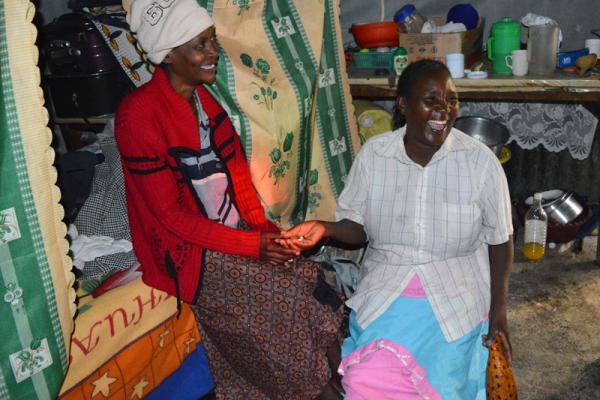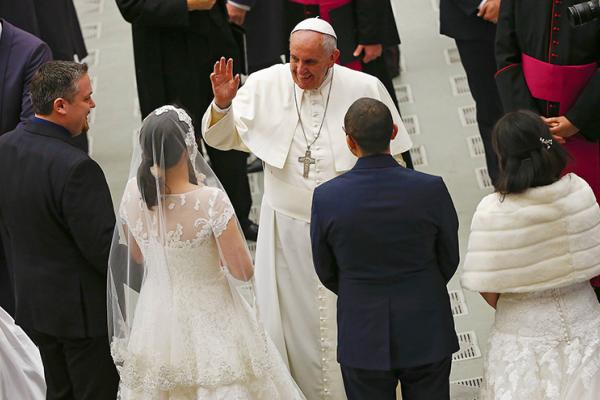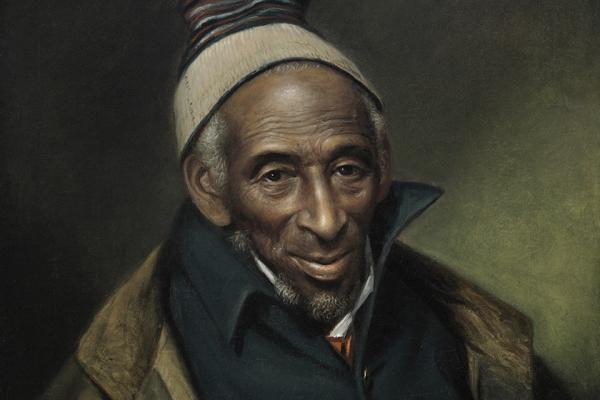It is not a particular religious or political set of values or ideology that is the heart of the problem here. Authoritarianism goes beyond political or religious affiliation.
Given authoritarianism's penchant for enforcing its will through the means of coercion and force, at the expense of religious and civil liberties, it is vital for those who identify with these groups to recognize this, and the very real danger that this poses.
It is not enough for progressive evangelicals and political liberals or even moderates to speak out. Conservative politicians and religious leaders alike need to recognize the very real danger of authoritarianism, and find the moral courage to speak out against it.
The presidential race has invited all kinds of rash predictions. “If that candidate gets elected, it will be a disaster.” “If that candidate is president, I will move to Canada.” In each case, the prediction of a future disaster is supposed to convince us to act differently in the present. “The election of a certain candidate would be so awful, that we must stop it. Or I’ll move to Canada.” Key parts of our political discourse are predictions of a dire future if a certain candidate is elected.
British religious leaders are praising the Archbishop of Canterbury Justin Welby for responding with “steadiness and honesty” to the stunning news that his biological father was not his mother’s husband. The revelation was expected to bring the image of the elite-educated primate closer to the people.
Across Africa, many people believe mental illness is caused by curses, witchcraft, or demons. In such places, traditional medicine has long remained the first line of treatment. But a novel program in Eastern Kenya is working to change those perceptions and help the mentally ill receive better care.
Pope Francis’ “Joy of Love,” a massive document released April 8 that wraps unchanged doctrine on marriage, divorce, and LGBT life in gentle terms, is getting a mixed reaction from U.S. Catholics.
Will we sit and listen to a refugee mother talk about her family’s horrific life in her war-torn country, and realize we’re no longer afraid of her? Will we talk to the gay couple that needs a cake and hear their love story, and feel a bond because it reminds us of our own love story? Will we look into the eyes with the homeless person begging just outside our car window and see another human being in pain, and suddenly feel an urge to help them? Will we make ourselves divinely vulnerable?
In that moment, we reach beyond our fear. We’re finally freed by love. No longer hiding in a tiny room behind a locked door. That. We all need more of that.
"Islam Hates Us!"
The recurring headline screams across every kind of media. Fear-based stories about Muslims have become standard fare this election cycle, rooted in the notion that Muslims are recent arrivals in America and somehow don’t belong. Some go so far as to suggest Muslims need to be plucked out from American society and “sent back home.”
1. Top 10 Takeaways from ‘Amoris Laetitia’
“We should no longer talk about people “living in sin.” A great analysis of Pope Francis’ new document on the family from America magazine.
2. Keystone Pipeline Leak Worse Than Believed
According to TransCanada, the pipeline could have leaked nearly 17,000 gallons in South Dakota — and they’ve “yet to pinpoint the source.”
3. WATCH: 7 Reasons Men Should Not Be Pastors
This must’ve struck a nerve. It’s the most-viewed thing we’ve ever done!
Thanks to an invite from the Vatican, Bernie Sanders will leave the campaign trail after his April 14 debate with Hillary Clinton, and fly to Rome for an event the next day at the Pontifical Academy of Social Sciences.
He will gather with other world leaders to discuss changes in politics, economics, and culture in the light of Pope Francis' new encylical Laudato si', according to a statement released from the Pontifical Academy .
Critics say such sectarianism is inciting further persecution against Ahmadis in the U.K., where in recent years Muslim groups have rallied against the opening of Ahmadiyya mosques, distributed anti-Ahmadiyya pamphlets and organized boycotts against shops owned by the members of the sect.
Many Ahmadis have settled in Western Europe, Canada and the U.S. to escape state-sanctioned persecution in Pakistan, where they are legally barred from calling themselves Muslim or practicing their faith.
In response to the latest MCB statement, the Ahmadiyya Muslim Community in the U.K. said the communique was at odds with the umbrella organization’s “commitment to peace and tolerance.”








